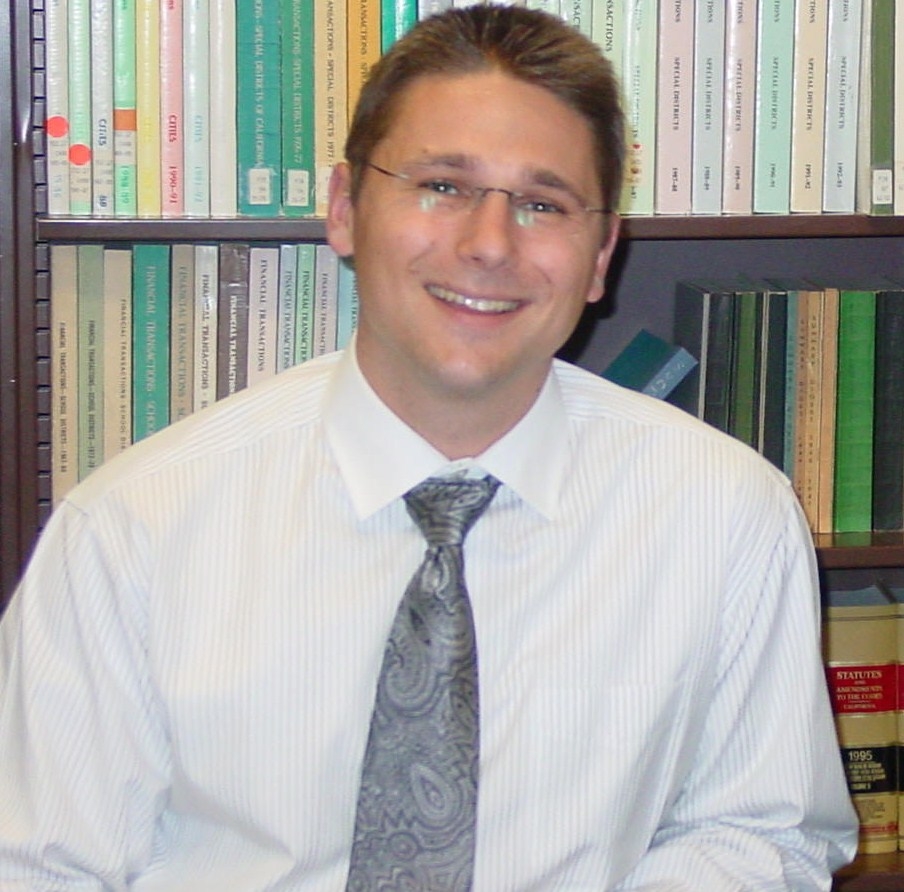
Jim Soland, a doctoral student at the Stanford University School of Education, was awarded in December a 2013 AERA Dissertation Grant to fund his study of how predictive data can be blended with teacher intuition to more accurately target supports and interventions for students.
Approximately 15 of these grants are awarded per year, according to the AERA website. (AERA is the American Educational Research Association.)
The AERA program seeks to stimulate research on U.S. education issues that uses data sets supported by the National Center for Education Statistics, the National Science Foundation and other federal agencies. Along with encouraging use of this data, it aims to increase the number of education researchers using these data sets. The program supports research projects that are quantitative in nature, include the analysis of existing data from NCES, NSF or other federal agencies, and have U.S. education policy relevance.
Soland is using data from the National Educational Longitudinal Survey (NELS) to evaluate how effectively teachers and school districts can predict future student outcomes. These "early warning systems" incorporate such data as grades, courses completed and absences to forecast outcomes such as whether a student will drop out or enroll in college. Indeed, this approach has enabled districts and states on many occasions to predict these outcomes several years in advance. For example, research shows that data can be used to predict which California students will fail the high school exit exam as early as sixth grade.
“My goal is to see if these statistical models forecast outcomes any better than if we simply ask teachers what they think will happen,” said Soland. “If not, why not? These models implicitly assume that their predictions improve on teacher intuition, an assumption that hasn't yet been tested.”
Soland is a graduate student in the education school’s Developmental and Psychological Sciences program, with a focus on quantitative program evaluation, assessment, and data use. His primary doctoral advisor is Edward Haertel, professor of education and chair of the National Research Council's Board on Testing and Assessment. Kenji Hakuta, professor of education, is his secondary adviser for his dissertation.
Soland is also an Institute for Education Sciences Fellow at the education school’s Center for Education Policy and Analysis, where he does research on value-added measures of teacher quality with Susanna Loeb, the center’s faculty director and professor of education.